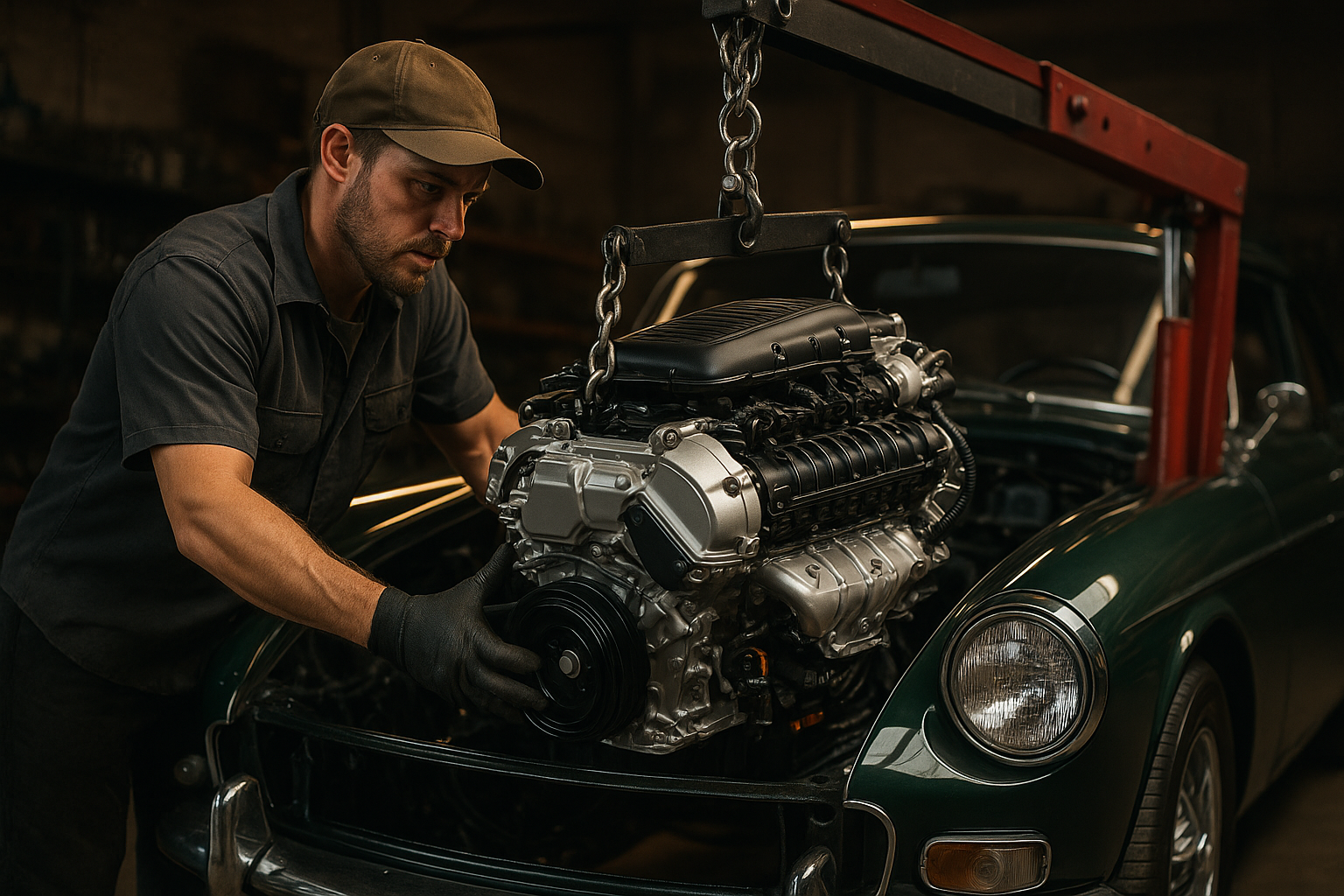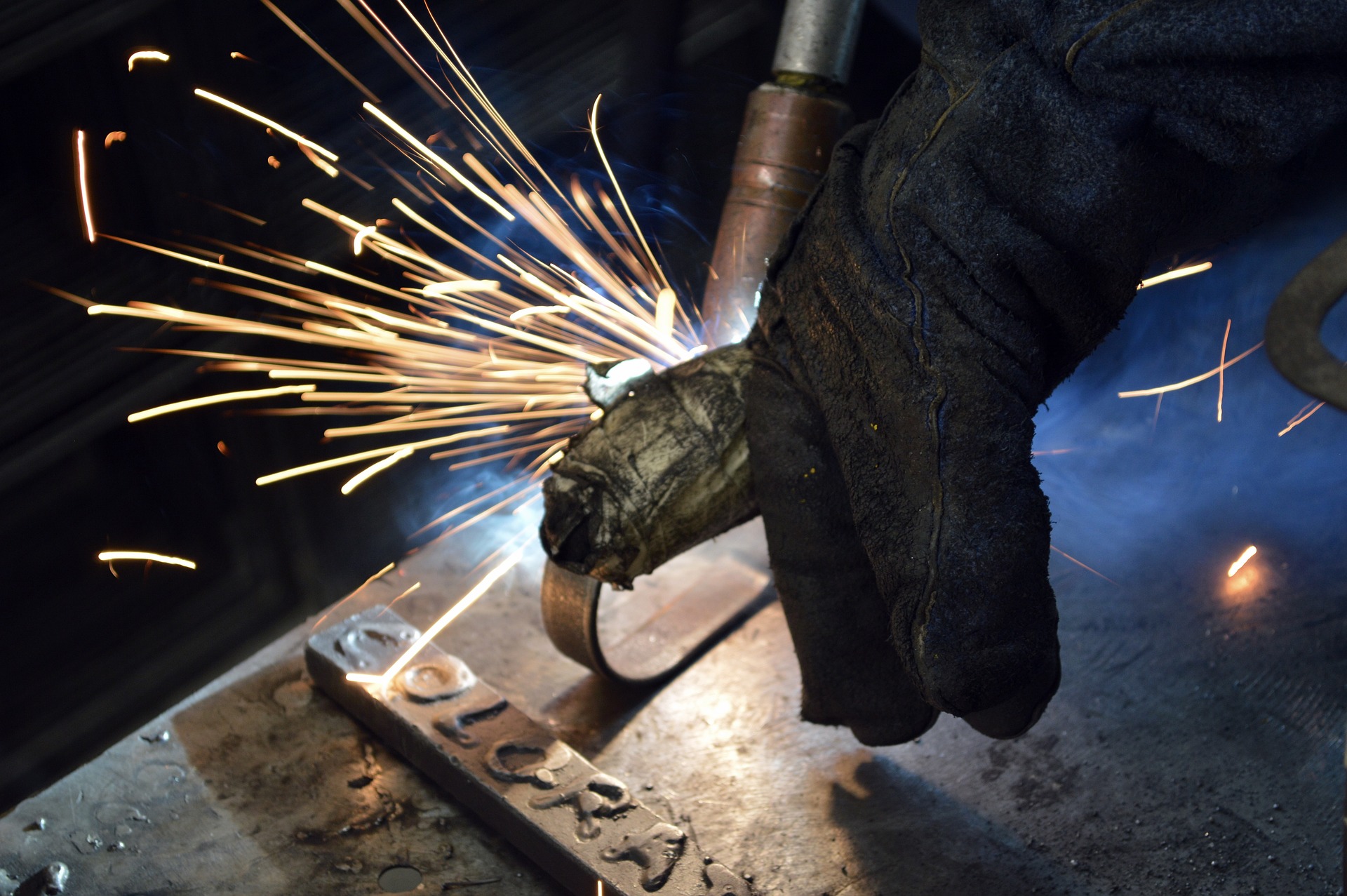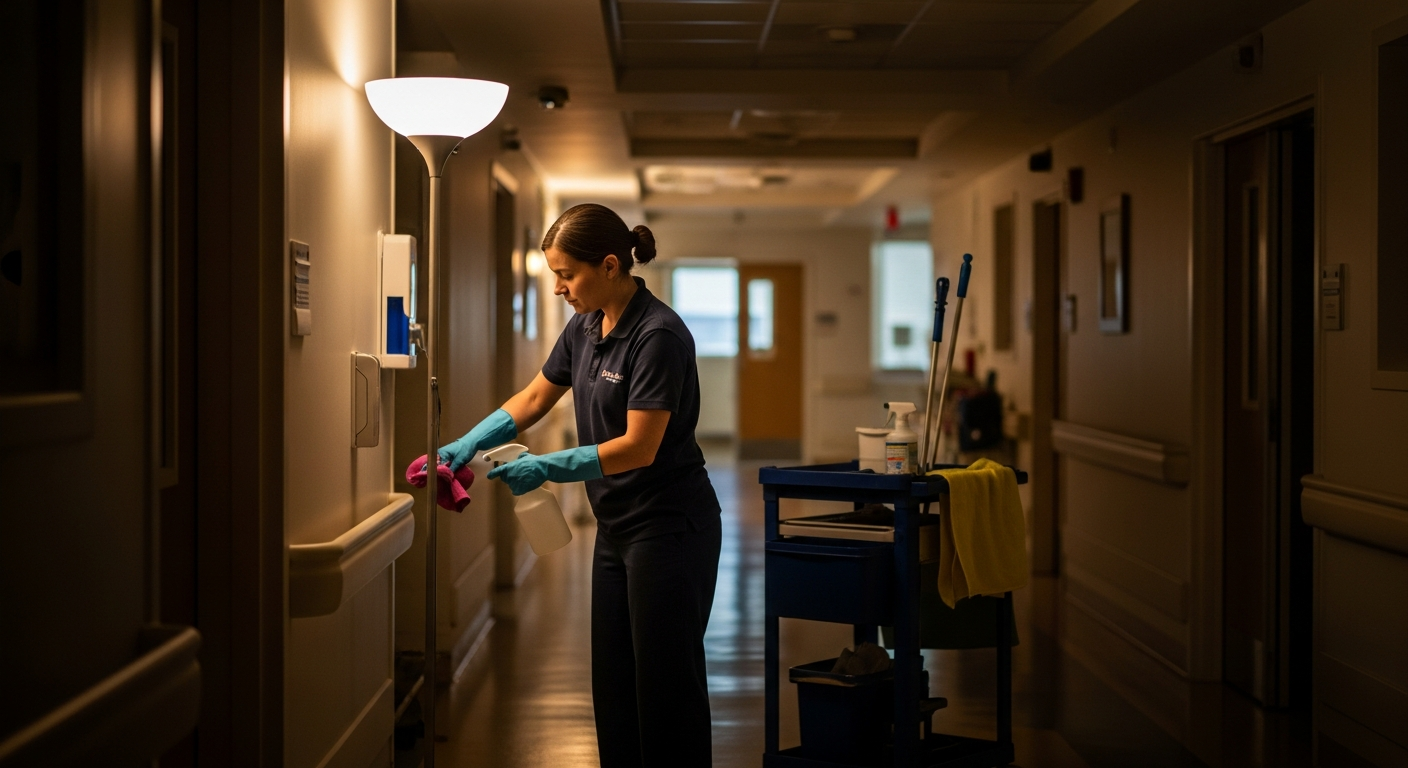Engine Repair Training for Older Adults: A Practical Guide
Engine repair skills remain valuable in today's mechanized world, and increasingly, older adults are discovering the benefits of pursuing technical education in this field. Whether looking for a post-retirement hobby, a second career, or simply wanting to maintain their own vehicles, engine repair training offers practical knowledge that can save money and provide a sense of accomplishment. This guide examines the landscape of engine repair training specifically tailored for older adults, exploring program options, benefits, and what learners can expect.

Why Older Adults Are Turning to Technical Training
The trend of older adults pursuing technical skills like engine repair represents a significant shift in retirement planning and lifelong learning. Many individuals in their 50s, 60s, and beyond are seeking meaningful activities that combine mental stimulation with practical application. Engine repair training appeals to this demographic for several compelling reasons.
First, many older adults grew up during eras when mechanical knowledge was more common, creating a natural affinity for hands-on work. Second, the financial benefits of self-maintenance cannot be overlooked—knowing how to perform basic engine repairs can save thousands in mechanic fees. Finally, mastering technical skills provides cognitive benefits that support healthy aging, combining problem-solving with physical dexterity in ways that few other activities can match.
What to Expect from Engine Repair Training Programs
Engine repair training programs vary widely in structure, duration, and focus areas. Most programs designed for beginners start with fundamentals of internal combustion engines, gradually building toward more complex systems. For older adults specifically, many programs offer flexible scheduling and a patient, thorough approach to instruction.
Typical components include classroom learning covering theoretical concepts, followed by substantial hands-on practice in workshop settings. Programs often begin with basic maintenance tasks like oil changes and filter replacements before advancing to more complex operations such as timing belt replacements or cylinder head rebuilds. The learning curve can be steep, but most programs structure coursework to build confidence progressively.
Community colleges typically offer semester-long courses, while vocational schools may feature accelerated programs completed in 6-12 months. Many institutions now offer specific courses or sections for older learners, recognizing their unique learning styles and pace preferences.
Age-Friendly Learning Environments for Technical Training
The best engine repair training programs for older adults recognize that effective teaching methods may differ from those used for younger students. Age-friendly learning environments incorporate several important elements that enhance the experience and outcomes for senior learners.
These programs typically feature smaller class sizes, allowing for more individualized attention from instructors. Physical accommodations might include better lighting, ergonomic workstations, and tools designed for individuals with less hand strength. Instructors in these programs understand the importance of connecting new information to existing knowledge, leveraging the life experience that older learners bring to the classroom.
Many programs also foster community building among participants, recognizing that the social aspect of learning is particularly valuable for older adults. This approach transforms engine repair training from merely technical education into a holistic experience that addresses cognitive, social, and physical wellness.
Specialized Engine Repair Courses for Different Interests
As older adults enter engine repair training with diverse goals and interests, many programs now offer specialized tracks to accommodate various objectives. These specialized courses allow learners to focus their efforts on areas most relevant to their personal interests.
For those interested in classic car restoration, specialized modules cover older engine technologies and restoration techniques. Small engine repair courses focus on lawn equipment, generators, and similar tools—perfect for maintaining household equipment. Automotive-specific courses delve deeply into modern vehicle systems, including computerized engine management and diagnostics. Some programs even offer specialization in marine engines or motorcycle repair for enthusiasts in these areas.
Many older learners appreciate this targeted approach, allowing them to develop expertise in specific areas rather than taking a broader but less detailed curriculum. These specialized courses often culminate in certification or completion projects that demonstrate mastery of the chosen specialty.
Cost Considerations and Program Selection
Engine repair training programs vary considerably in cost, from relatively affordable community college courses to more expensive private technical schools. Understanding the financial investment required helps prospective students choose the right program for their budget and goals.
| Program Type | Average Cost Range | Duration | Certification Offered |
|---|---|---|---|
| Community College | $1,200-$3,000 | 6-18 months | Certificate of Completion |
| Technical/Vocational School | $5,000-$15,000 | 6-12 months | Industry Certification |
| Manufacturer-Specific Training | $2,500-$4,000 | 2-6 weeks | Brand Certification |
| Online Courses | $300-$1,500 | Self-paced | Varies |
| Senior-Focused Programs | $800-$2,500 | 3-6 months | Certificate of Completion |
Prices, rates, or cost estimates mentioned in this article are based on the latest available information but may change over time. Independent research is advised before making financial decisions.
Beyond tuition costs, prospective students should consider additional expenses such as tools, textbooks, and potential certification exam fees. Many programs designed for older adults offer senior discounts, payment plans, or even scholarships specifically for retirees or those over 55. Some community programs may provide subsidized training through senior centers or community education initiatives.
When selecting a program, cost should be weighed against factors like instructor quality, workshop facilities, class size, and post-program support. The cheapest option isn’t always the best value, particularly if it lacks adequate hands-on practice opportunities or qualified instruction.
Transitioning Knowledge into Practice
The ultimate goal of engine repair training is practical application of skills, whether for personal use, community service, or even part-time employment. Successful programs include components specifically designed to help older learners bridge the gap between classroom knowledge and real-world application.
Many programs incorporate capstone projects where students repair actual engines with minimal supervision. Some facilitate internship or volunteer opportunities with local repair shops, classic car clubs, or community organizations. These practical experiences build confidence while reinforcing technical knowledge in authentic settings.
For those interested in turning their skills into income, programs may offer business fundamentals, teaching participants how to establish small repair services or consulting businesses. This entrepreneurial aspect is particularly appealing to retirees seeking supplemental income without returning to traditional employment.
Engine repair training represents more than just technical education—it offers older adults a pathway to continued relevance, independence, and creativity in their later years. With proper program selection and dedication to learning, these skills can enhance quality of life while providing tangible benefits for years to come.




